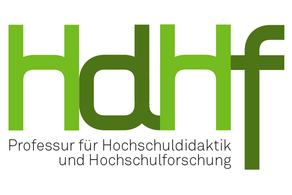Academic Identities at the Crossroads
Bridging the Duality Between Academic Profession and University Organization
Brown-bag lunch
International Centre for Higher Education Research Kassel (INCHER-Kassel)
Kassel, Deutschland
30. April 2014
Abstract
In the past decades changes in occupations and service work in professional organizations has been in the center of attention of numerous contributions. Occupations are seen as threatened by the organizational management under the new managerialist regimes as they become a ‘victim’ of organizational standards and performance monitoring while managers are portrayed as the ‘carriers of neo-liberal reforms and organizational control’ (Noordegraaf, 2011, p. 1350; Ackroyd et al., 2007; Scott 2008; de Boer et al. 2007). The reaction to the threats results in professions creating protective spaces in their organizations by ‘return to professionalism’ (Freidson, 2001; Rip, 2011). On the other hand, scholars argue that maintaining the duality between occupations versus organizations needs to be bridged and one needs to find typologies which incorporate the two in a productive way (Noordegraaf, 2011). It is suggested that professionals may take up organizing roles and professional workers can develop organization capacities (Ibid.).
The duality between academic profession and organization management is well documented in higher education studies literature (Amaral et al., 2003; Huisman, 2009; Deem et al., 2007). However, it is not clear whether and how disciplinary community values and norms are transformed by the organizational values and norms and thus, how the duality of the two can be bridged in this particular sector? To answer this question it is useful to turn to the work roles and identities of academics as they are ultimately the carriers of professional values and norms. Based on the evidence from Western European countries strongly influenced by New Public Management reforms I will present the dynamics of changing academic identity formation while bridging the duality between academic profession and university as professional organization.





